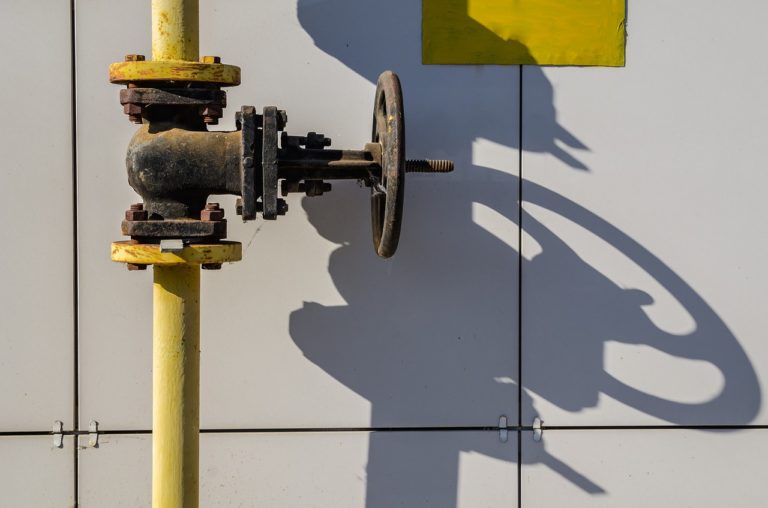
About 45 minutes northeast from Sydney’s central business district, you will find a much sought-after suburb for its paved roads, wide gardens, and beautiful houses with plenty of square metres of space. Upper North Shore is a cocooned community that offers every convenience or amenity that residents could ask for from their suburb. Now, if you love the water, then head about 30 minutes southeast from the Upper North Shore to a little piece of paradise called Rose Bay. It is the ultimate water adventure as you can go kayaking, parasailing, jet skiing, snorkelling, swimming, or just lounging on the shore with the wind kissing your face.
Nowadays, homeowners and business owners rely on natural gas for cooking and heating. But these gas lines are often out of sight that it is easy to overlook them. They call out for a plumber Upper North Shore, Sydney has on offer only when there is already a problem.
How Often Should You Inspect Your Gas Line?
At the very least, you should call a plumber or a heating engineer to inspect your gas lines once a year. But there are some factors to consider that would impact on the frequency.
- If your house is already old, you can expect the water pipes and gas lines to also be antiquated. You need to have them inspected more frequently or upgrade them.
- If you experienced gas leaks on your lines before, then you need to be more careful about the integrity of the structure.
- If the plumber recommends more frequent inspections. The recommendation hinges on the status of your gas lines.
When conducting an inspection, the technicians will follow an exhaustive list and make sure to tick all the boxes. Generally, they will look at the following:
- The pipes and fittings. These include the shut-off valves, unions, tees, risers, and regulators.
- The ventilation in the building to make sure that there is no obstruction.
- The safety mechanisms are still functional.
- Check for leaks and bubbles on the joints and fittings, as well as the gas line itself.
- Check the appliances connected to the gas line.
- Check the stove to see if it is still burning at the right pressure.
- Inspect the house for gas leaks
Why Inspect Your Gas Line
Gas leaks are very dangerous because they can lead to carbon monoxide poisoning. Natural gas is naturally odourless and invisible. Suppliers mixed an additive to the invisible gas so that the occupants could smell it in the air. The additive makes the natural gas smell like sulphur or rotten egg.
Not a lot of carbon monoxide deaths are reported in Australia. But in January 2020, tragedy struck for a family on Wedge Island when a father and son died due to a gas leak from the fridge.
There’s a reason why New South Wales is very strict in asking for a certificate of inspection for the gas line of establishments before allowing them to operate.
Conclusion
Prevention is still better (and cheaper!) than the cure. Call a plumber in the Upper North Shore, Sydney who will extensively inspect your gas line to protect your loved ones or staff and customers. Make sure to follow the recommendations of the expert because the gas line is not something you can mess with. Apart from carbon monoxide poisoning, natural gas is highly flammable and can endanger everyone in the private dwelling or establishment.